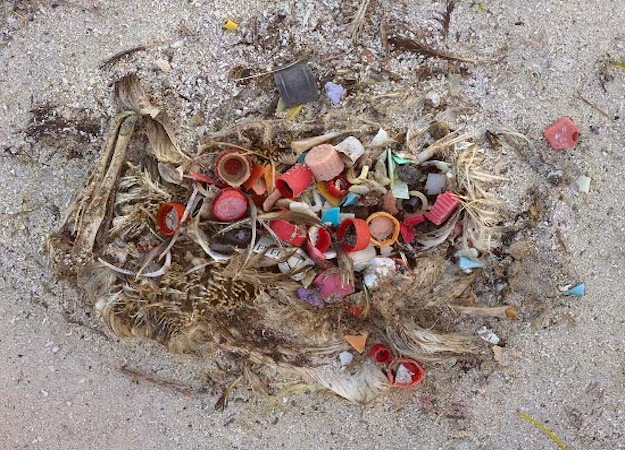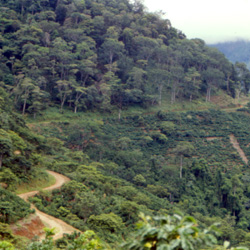Human activity has had a dramatic effect on our world. Shopping malls stand where forests once stood. A once pristine beach is now a concrete wall at the foot of a condominium. Factories pollute our rivers. Trawlers are racing to pull all the fish out of the sea. The question is – “why do we do it?”, particularly since we know the consequences.
The explanation is simple. People do what they are incented to do. Since Nature provides the services that sustain us for free — that is, we don’t pay for them — we consume them at unsustainable levels.
Dr. Pavan Sukhdev heads up the United Nations Environment Program’s Green Economy Initiative where they try to understand this question and more importantly how to incent us to behave differently. He says that the cost imposed on society for the degradation of ecosystems through the legal actions of corporations is between $2 – 4 trillion per year. That’s an amount roughly equivalent to the financial losses of the 2008 banking crisis. For a quick introduction to the topic check out this video.
For a bit more detail, watch this TED Talk by Dr. Sukhdev see What is the Price of Nature
Dr. Sukhdev proposes that the solution is for consumers pay for the value of the services provided by nature that are consumed in producing the products they buy. Moving to a solution that takes what has previously been considered “external costs” into account is achievable but will not be simple. The relative costs of what we consume will change to reflect the true costs. For example, we will discover that manufacturing a plastic bottle will be too expensive to use for a one time sale of water. Recall our post on plastic water bottles:

Given that we do what we are incented to do, putting a price on natural capital is our best choice. None of us wants to be responsible for causing the last forests to be cut down or catching the last fish, do we? Yet our current economic models are driving us there.
Rather than waiting for the economic apparatus to be implemented, we are valuing the natural capital in coffee growing regions by choosing certified Bird Friendly coffee. Bird Friendly coffee farms provide many services including habitat for wildlife, water retention and purification, pollination, pest control, carbon storage, soil erosion protection to name a few.

Meanwhile, in pursuit of higher yields, coffee farmers are encouraged to cut down forests so they to make more money. Sometimes they do make more, but even when they do, the forest, and all the services that it provides, are gone. The land becomes an Eco-desert. Those services that ultimately sustain us are no longer provided (at any price) and our ecosystem is one step closer to collapse.
So by choosing certified Bird Friendly coffee we are rewarding farmers for protecting habitat and natural services.
Our eco-system has so far proven to be remarkably robust in the face of our unchecked consumption, but there are signs everyhwere that we may be reaching its limits. Is it not be better for us all to pay the farmers to keep the forest and have it continue to provide “eco services”? We think so. What do you think?